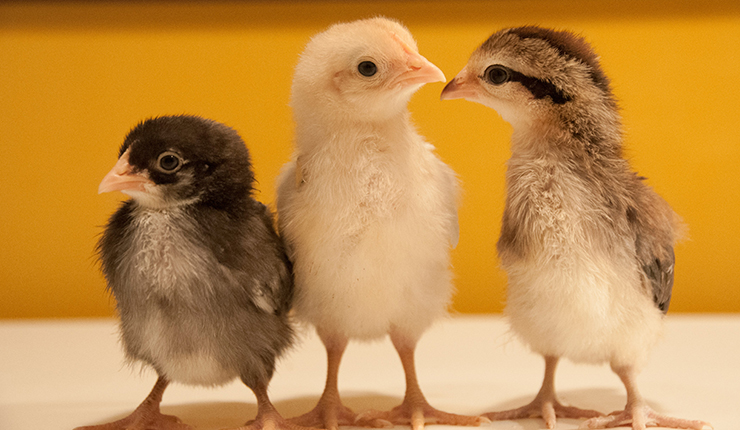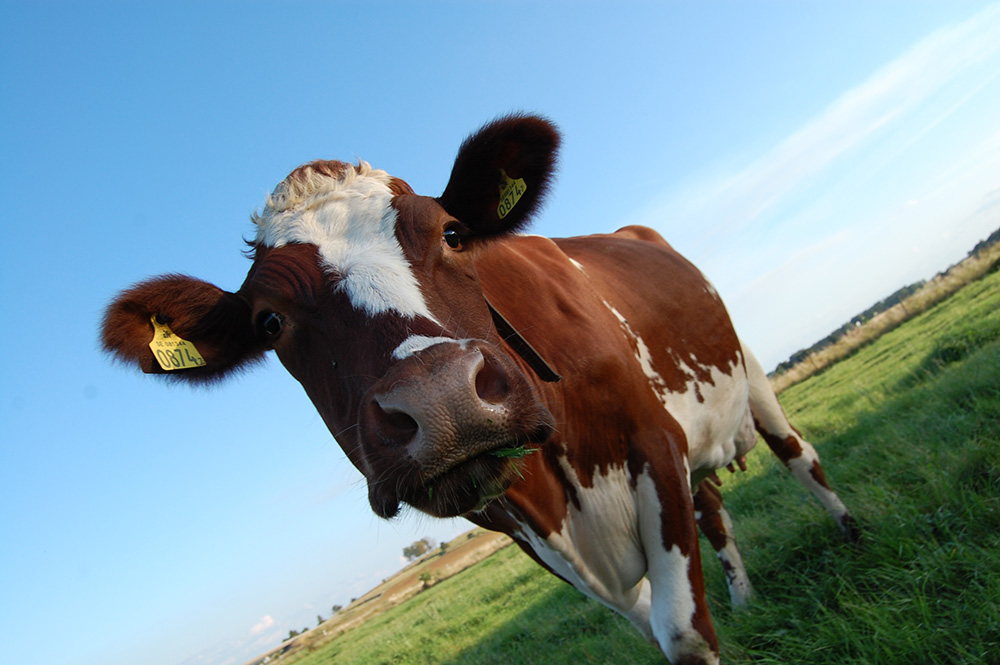For many thousands of years, humans have bred dogs, chickens, goats and other animals to make them suitable for use as domestic animals, in a process known as domestication. Adaptation to a life close to humans is associated with differences in the genetic material between the wild and domesticated forms of a species. Researchers at LiU study these genetic differences between domesticated and wild animals in detail in order to understand important questions of animal behaviour, responses to stress and the effects of domestication.
Animal well-being is a further important topic. Researchers at LiU study various aspects of animal husbandry, stress regulation, and the effects of stress in birds and dogs.




